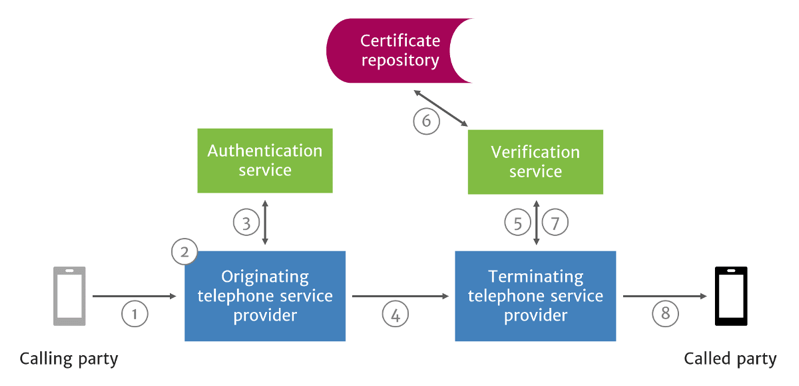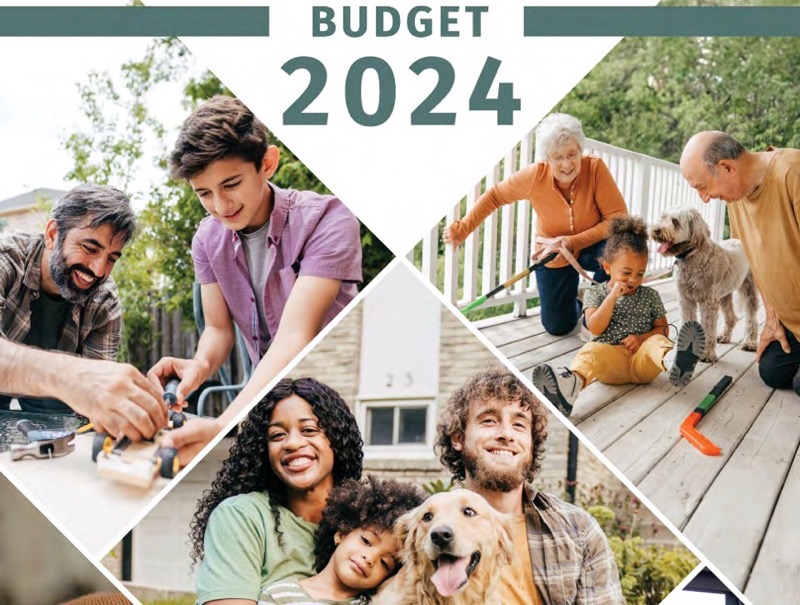
Rogers, Telus, Bell Ask CRTC to Delay Rollout of Caller ID Anti-Spoofing Tech

Image via TransNexus
Back in December, the Canadian Radio-television and Telecommunications Commission (CRTC) announced a new mandated rollout of anti-spoofing caller ID technology called STIR/SHAKEN, to be implemented by telcos by September 30, 2020.
The framework is known as Secure Telephone Identity Revisited/Signature-based Handling of Asserted Information Using Tokens (STIR/SHAKEN)
However, at an Industry, Science and Technology House of Commons Committee on Tuesday, Rogers, Telus and Bell told Members of Parliament (MPs) they wanted the timeline extended until 2022, as the fall deadline for 2020 doesn’t give enough time for implementation of the framework.
According to CBC News, the ‘Big 3’ told MPs they weren’t ready to implement the technology, claiming how numerous landlines and cellphones need to be upgraded to support STIR/SHAKEN and for the latter to be effective.
STIR/SHAKEN can help verify whether an incoming call is legitimate or not, either through a checkmark or audible tone. Numerous Canadians have fallen victim to scammers posing as government agencies by ‘spoofing’ government numbers and caller ID.
Bell’s vice president of regulatory law, Jonathan Daniels, explained the company’s legacy circuit equipment is not ready to handle STIR/SHAKEN.
“We’re still planning on launching it in September,” said Daniels, adding, “If you turned on STIR/ SHAKEN tomorrow or today on our network, very very few people would actually have phones that can actually benefit from it.”
“It is for this reason that we and most of the telcom operators propose that the CRTC STIR/ SHAKEN mandate be delayed until we get the rules of the regime figured out.”
Bell wants the CRTC to extend the rollout requirement to June 2022.
Telus argued only fraudulent calls from Canada and the U.S. would be stopped at first, since other countries have yet to adopt the technology. Most scammer calls are from overseas, argued Telus.
Ian Scott, the CRTC Chairperson, told MPs he realizes there are issues with the implementation of STIR/SHAKEN and said, “We have to be open, and we have to understand that there may be technical challenges.”
“If there are (the Big 3), they’ll present them to us, and we’ll only, if necessary, add additional time,” added Scott, suggesting the CRTC would be open to extending the deadline.
According to the CRTC, the latest data from the Do Not Call List, created in 2008, has seen 14 million numbers added, while last year saw 858 numbers added daily.
Even with the Do Not Call List, Canadians are still being spammed with enticing offers of free trips to Mexico and also shakedowns to pay back taxes to the CRA with iTunes gift cards. Don’t believe any phone calls you receive in 2020 folks, it’s not worth it (don’t call me unless you’re on fire).

